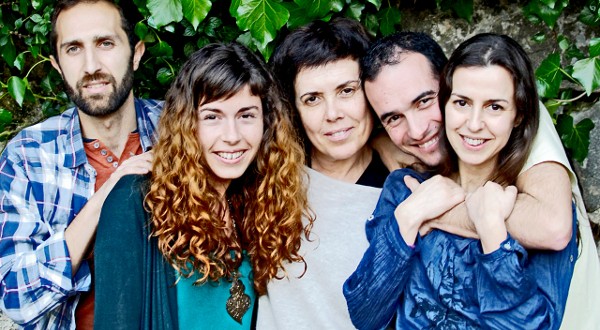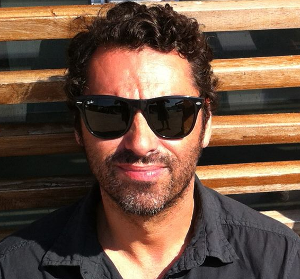The group ‘Braga in Transition’ first appeared in 2011, drawing on the artistic movement known by the name of ‘Projéctil’. According to Hélder Faria, one of its members, this occurred naturally because “it is always in an artistic context that awareness is raised.” “Our day-to-day work is a process of gradual change, we change habits slowly. We don’t detach ourselves radically from the system, and we’re attentive to what’s around us.” They believe that they must approach daily tasks in a positive frame of mind. “We can’t let ourselves become dispirited owing to the difficulties that all of us face today.”
In order to act against adversity, the group created a self-help network. “If I need something, I know that I can count on the group with almost blind faith,” says audiovisual technician Ana Pereira. As city life does not allow them to survive from what they produce, they broaden their horizons with small changes of habit. “Imagine if everyone grew 10% of their food. What impact might that have, both from the point of view of individual experience and in environmental terms? Bill Molisson (1) , the guru of permaculture, asked exactly this.” One of their main activities is to perform small tasks for free – which they call ‘ajudadas’ (literally, ‘helps’) – on private properties and for the benefit of the community. They also distribute surplus food. “We share cars and meals, we create urban vegetable plots, we do composting and voluntary work, we’re careful about consumption. These may appear to be simple things but taken together they are invaluable. Now, imagine if the whole of society made small changes like this.” At present, the group has about fifteen members, but they estimate that there must
be about three hundred people who have been influenced by this idea.

 Eco123 Revista da Economia e Ecologia
Eco123 Revista da Economia e Ecologia


